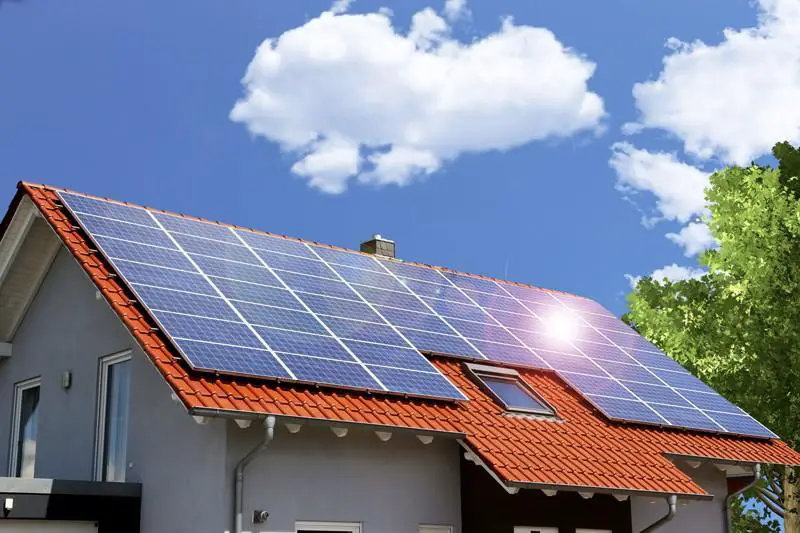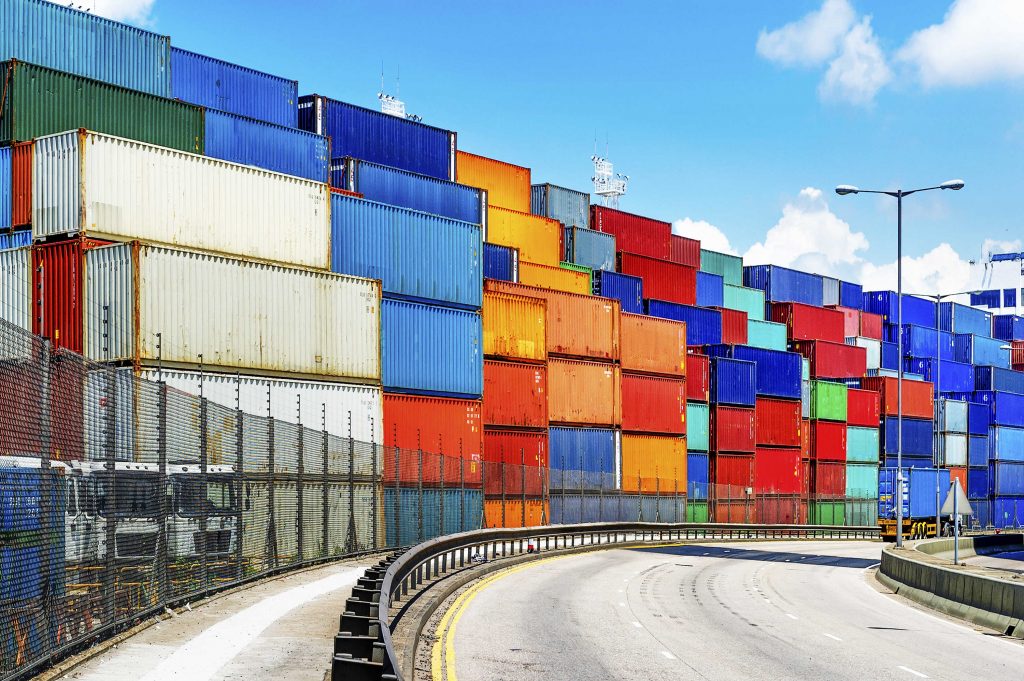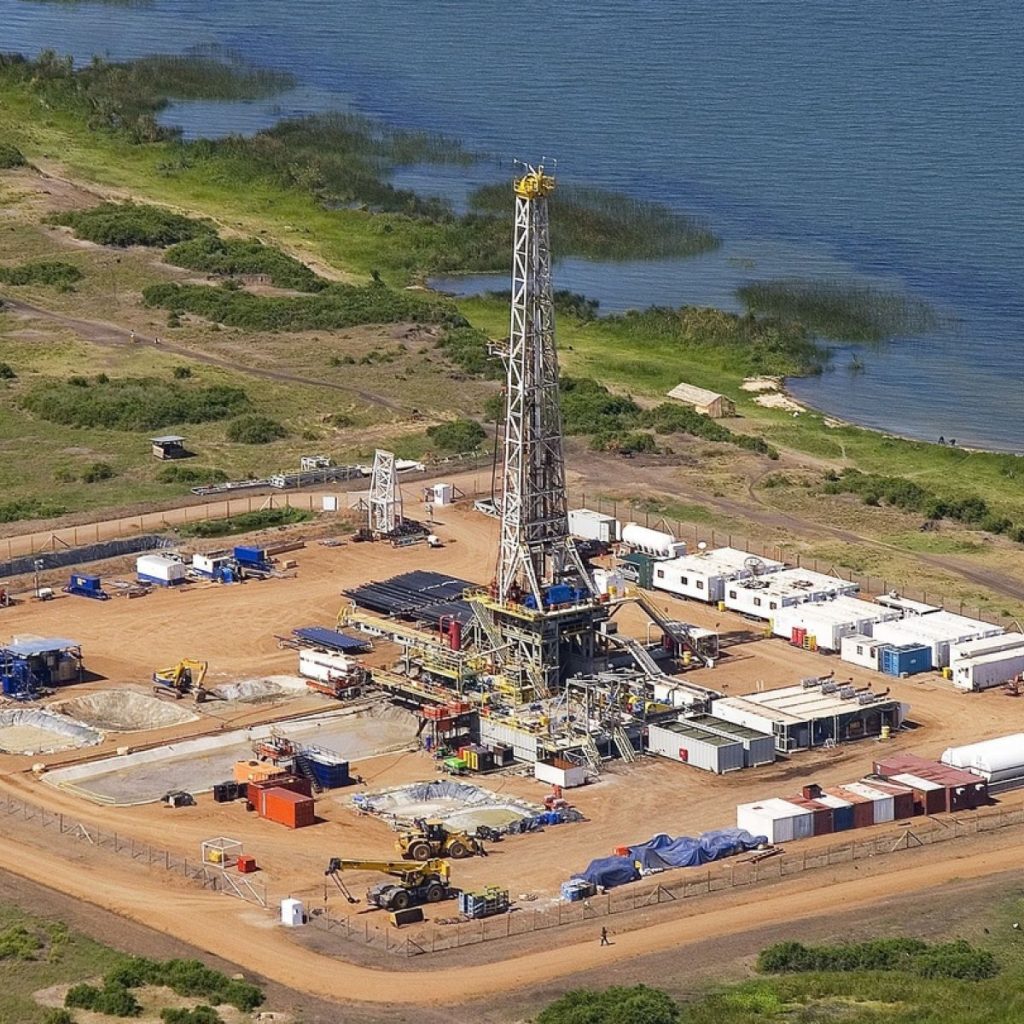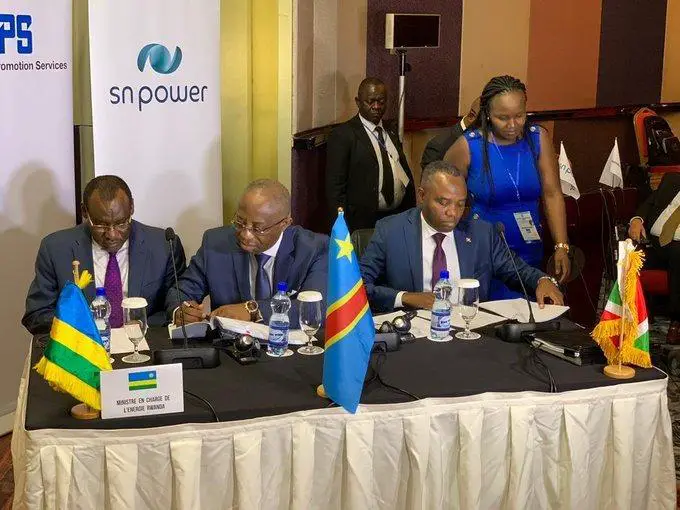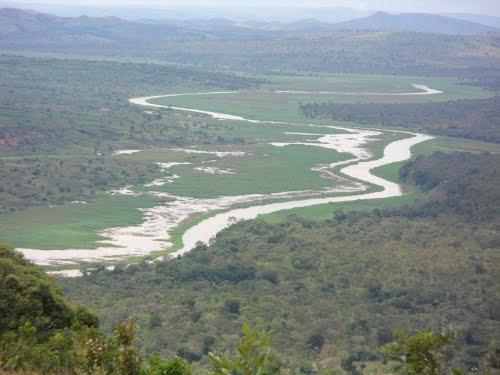- Wärtsilä Energy offers tips on how Africa can navigate energy transition and grid reliability
- Powering Africa: Africa’s Path to Universal Electricity Access
- Global investment trends at AIM Congress 2024: a spotlight on the keynote speakers
- South Africa’s deepening investment ties in South Sudan oil industry
- Agribusiness could drive Africa’s economic prosperity
- Dawood Al Shezawi: Why AIM Congress 2024 is the epicenter of global economic and cultural dialogues
- d.light’s 600,000 cookstoves project verified as top source of quality carbon credits
- Artificial intelligence (AI) could create a turning point for financial inclusion in Africa
Browsing: Burundi
The Republic of Burundi has a new president, it has taken steps to rebuild regional and international relations and its economy is starting to pull up, as such, leaders of the East African Community (EAC) are vouching in favor of the country and imploring the European Union, it is time to lift sanctions.d
The European Union (EU) imposed sanctions against the Republic of Burundi back in 2015 when the late President Pierre Nkurunziza extended his tenure in office seeking a third term. At that time, army officials in the country are reported to have attempted a coupe that did not succeed.
Speaking to the press mid this week, the Secretary-General of the East African Community (EAC), Hon. Dr. Peter Mathuki appealed to the European Union (EU) member states to lift sanctions against Burundi saying, ‘the country has opened a new page and was ready to move forward.’
“I appeal to …
Those with access to digital infrastructure have not been as economically affected by the pandemic as those with no access.…
The International Monetary Fund (IMF) Executive Board approved $7.6 million debt relief for Burundi due over the next three months.
The debt relief which is under the Catastrophe Containment and Relief Trust are due from July 21, 2020, to October 13, 2020. The International Monetary Fund will grant an additional debt relief covering the period from October 14, 2020, to April 13, 2022, which will be subject to availability of resources in the CCRT potentially bringing total relief to an equivalent of $24.97 million.
The debt relief will help free up resources for the needs of the public sector as well as other emergency spending and help ease the balance of payments shock posed by the pandemic.
Also Read: IMF boosts Kenya, Uganda virus fight with $1.23 billion
Burundi’s effects from the pandemic are through the evolving domestic outbreak and economic spillovers from the global and regional environment.
The 2020 …
Uganda’s delayed oil production could affect economic outlook
According to the World Bank, Uganda could face serious economic pressures in the immediate future especially with delay in oil production. It has advised that the country would do well to develop its other major sectors – agriculture and industry – as they can guarantee immediate and steady growth outcomes instead of relying heavily mostly on Uganda’s oil production ambitions.
Uganda’s economy must grow faster- World Bank
https://theexchange.africa/countries/ugandas-economy-must-grow-faster-world-bank/
A recent World Bank report, “Uganda: Jobs strategy for inclusive growth” reveals that the country could find itself in a crisis of more workers than jobs unless the economy grows concomitantly. The report states than an economic transformation is required and Uganda should start with developing commercial agriculture that accounts for about 80 per cent of annual export earnings; the sector employs more than 80 per cent of the workforce in agriculture sector.…
The World Bank approved two grants worth $160 million from the International Development Association (IDA) to help Burundi improve essential services through solar power and local development in rural and remote areas.
Solar Energy in Local Communities (SOLEIL) will get $100 million in subsidies which aims to increase access to energy in Burundi by almost 100 per cent by electrifying schools, businesses, families and centres of the less privileged communities in the country.
More than 91,000 households, 4,000 SMEs, 400 health centres and 500 schools will have access to electricity all du to solar energy. 400 schools and 300,000 households will also have ecological fireplaces.
The remaining $60 million from the IDA will go to Integrated Community Development. The project will improve access to basic services and economic opportunities and nutrition for the less privileged populations in the country, including refugees. The project will also allow the creation of 1,000 …
The first quarter of 2020 has had mixed results for the economies of East Africa. The weather, a key determinant of inflation rates, has been good. Forex rates have remained stable in the region as a balance between dollar demands and diaspora remittance has been easily reached. Eastern Africa is one of the regions in Africa with the highest growth rate and this has remained so in the first two months of the year, with Ethiopia and Rwanda still in the driver’s seat. In terms of foreign direct investments, Kenya and Ethiopia are still the leading pack, with Kenya receiving investments in ICT and manufacturing while Tanzania is receiving investments in mining. Rwanda is a leading conference destination and Uganda is receiving investments in renewable energy as well as in oil and gas.
Kenya and Rwanda are still leading in developing policies that promote trade and investments, while Ethiopia is …
In a jammed conference room in a Nairobi hotel in early 2019, a panel of rights activists poked holes at the Kenyan oil exploration and mining activities in Turkana. Blow by blow, the team illustrated how Kenya stands to lose if radical measures are not put into place to ensure the resource benefits the country.
The Kenya Oil and Gas working group called for an audit of the contracts of oil mining to ensure they follow international standards. Charles Wanguhu, a social activist coordinator of the Kenya Civil Society Platform on Oil and Gas, said in international practice, if a company prospects and fails to find oil, it meets its costs.
However, if it finds oil, the country pays for the expenses. Therefore, Wanguhunotes that in the case of Kenya, the need for audit will ensure that the costs which Kenyans will pay for do not include those wells that …
African Development Bank (AfDB) has approved a grant worth $8 million aimed at supporting the preparation of the Ruzizi IV Hydropower Project.
A statement from the Bank shows that the grant was drawn from the European Union’s Africa Investment Platform (EU-AIP).
According to the bank, the plant will be situated on the Ruzizi River between Rwanda and the Democratic Republic of Congo (DRC) and is expected to supply electricity to the DRC, Burundi, and Rwanda.
About half of Rwandans have access to electricity, and the project comes to strengthen the fast-growing economy energy sector ambition, set on increasing access, stimulating demand and strengthening transmission network.
The project also stands to improve electricity supply status to one the least electrified nation’s in the world, Burundi with access rate standing at 7 per cent. More importantly, the project will impact one of the largest countries in the region, DRC which also has …
UK’s Department for International Development (DFID) run and managed CDC, the mission is to support the building of businesses throughout Africa and South Asia, to create jobs, and to make a lasting difference to people’s lives in some of the world’s poorest places.
The public limited company has been working with various entities in the continent to develop structures for harnessing renewable energy in East Africa. This has been necessitated by the rising energy needs in the region as well as need for cleaner green energy worldwide.
In 2017, CDC invested in a joint venture alongside the Aga Khan Fund for Economic Development (AKFED) and Industrial Promotion Services (IPS) to develop and finance power projects in sub-Saharan Africa, mobilizing project funding of over US$ 1billion.
The platform’s flagship development project is the creation of the 147 MW Ruzizi III hydropower project to be located in the Great Lakes region (Rwanda, …
Permanent Secretaries responsible for social, economic, environment, foreign affairs and international cooperation from Tanzania and Uganda have signed agreement to strengthen ties in the specific areas and for the protection of boundaries.
The agreement was signed in Dar es Salaam on 2nd May 2019 after a two days meeting attended. Tanzania was represented by the Permanent Secretary, Ministry of Foreign Affairs and East African Cooperation, Dr. Faraji Mnyepe while Alfred Ollot, His Ugandan counterpart, led the other delegation.
Officials who participated in the meeting included permanent secretaries for ministries of livestock and fisheries, housing and settlements development, energy and water.
Experts from the ministries met prior to the meeting whereas they discussed on collaboratively working on the challenges facing Uganda and Tanzania, especially people living near the border. Their suggestions were submitted to permanent secretaries.
Major issues discussed during the conference were safeguarding the Tanzania/Uganda border and protection of …








